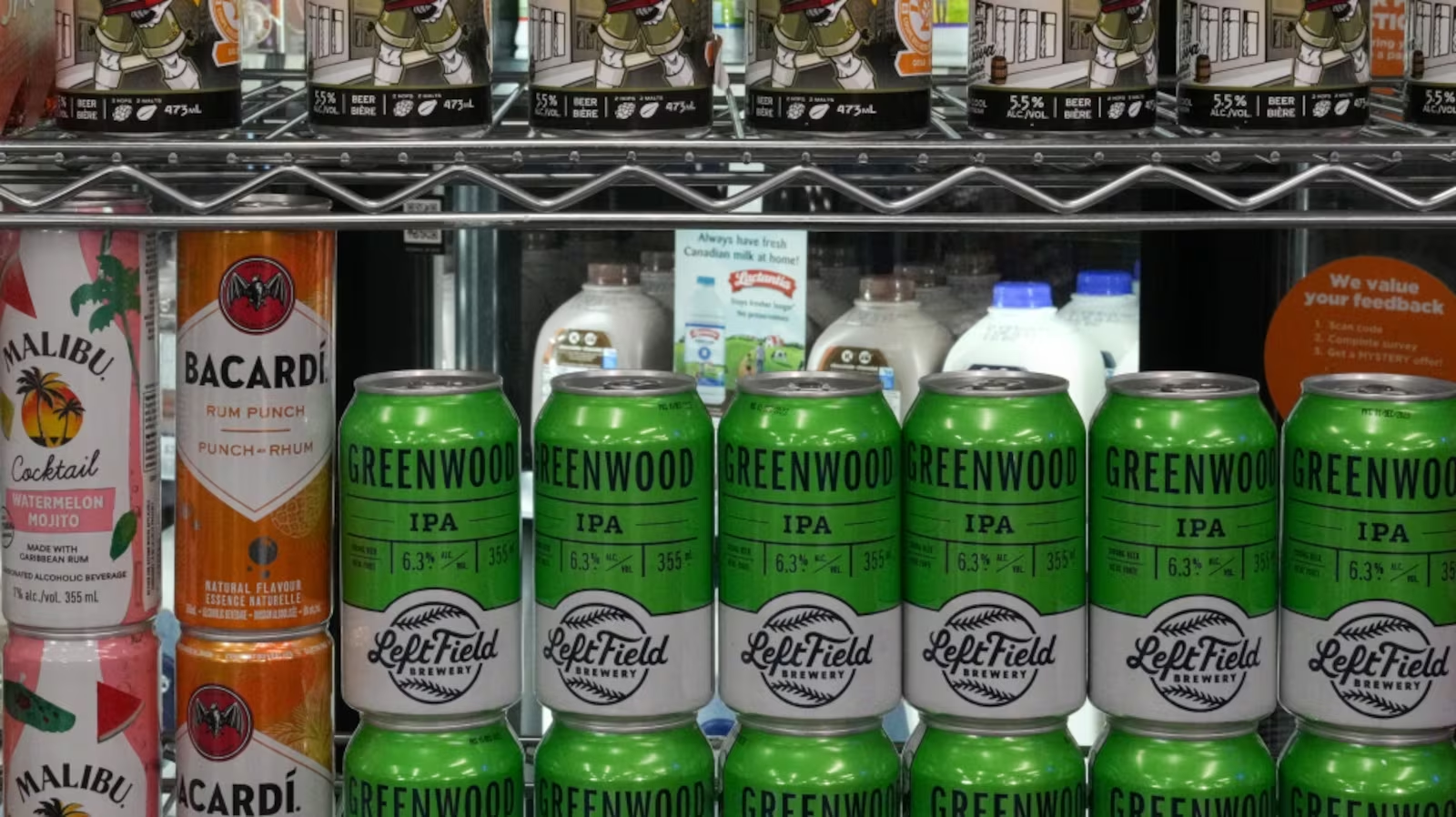Ontario’s plan to expand alcohol availability may hit a roadblock as grocery stores reconsider selling beer, wine, and ready-to-drink beverages when stricter recycling rules take effect Jan. 1, 2026.
Under the updated Ontario Deposit Return Program (ODRP), all licensed grocery stores will be required to accept eligible empty alcohol containers, ending the current exemption for stores located within five kilometres of a The Beer Store.
The Retail Council of Canada (RCC), which represents major chains like Walmart, Costco, Metro, and Sobeys, warns that the change could make alcohol sales unviable. Michael Zabaneh, RCC’s vice-president of sustainability, cited “cost and operational complexities” as well as health, safety, and contamination concerns. He said most stores are not designed to handle bulk returns and called for alternatives such as centralized depots, reverse vending hubs, or integrating aluminum cans into the Blue Box system.
While over 400 grocery and convenience stores already participate in the program, the province expects that number to grow. Ontario’s Ministry of Finance says the expanded alcohol sales have created jobs and new opportunities for small businesses.
Since last year’s expansion, 1,029 grocery stores have obtained licences to sell alcohol, but closures of The Beer Store locations have left some communities with fewer return options. The Beer Store, which collected more than 434 million empty containers in 2024, is required to keep at least 300 stores open until the end of 2025, after which it can close locations without limit.
The ODRP allows customers to reclaim deposits of $0.10 or $0.20 per container, but with the looming changes, some grocers may decide the hassle isn’t worth the shelf space.

